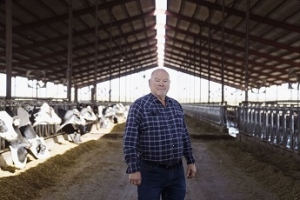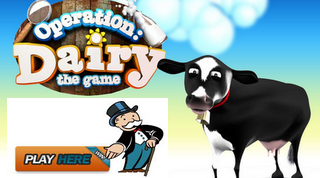Economic - Markets
Meat, dairy prices skyrocket in Turkey - GAIN

In an attempt to halt price increases ahead of the upcoming Islamic holidays and the general election, the Ministry of Agriculture and Forestry (MinAF) has reluctantly decided to import some beef and cattle. However, these interventions are not expected to adequately address the shortfall in beef and milk production and will have a limited effect on prices.
For the last several years, Turkiye has struggled with record inflation. Despite government efforts to combat rising prices, overall inflation climbed 64 percent in 2022, according to official numbers. Independent thinktanks believe the actual inflation rate was probably double this figure. Meantime, the issue of inflation has become increasingly political ahead of the general elections in May 2023.
With food prices accounting for the biggest share of overall inflation, the government has introduced different measures in recent years to ease food prices. Among these various interventions, the government cut the value added tax (VAT) on food items, zeroed-out import duties on grain, stopped exports of certain ag products, and temporary authorized beef and feeder cattle imports. In addition, to keep prices down, the government allegedly pressured livestock producers not to raise their farmgate prices amid rising input costs. In response, farmers complained that they were already losing money from farmgate prices that were too low and asked the government for additional support.
In order to avoid major increases in milk and meat prices before the general elections and before the month of Ramadan, the Ministry of Agriculture and Forestry (MinAF) authorized the state-controlled Meat and Milk Board (ESK) to intervene in the markets, by importing 500,000 head of cattle and 85,000 MT of beef this year. This move to import cattle and beef is a bit unorthodox since Turkey typically discourages the importation of cattle (excluding breeding animals) and beef. From Post’s perspective, these amounts are too small to make a major dent in local meat prices.























